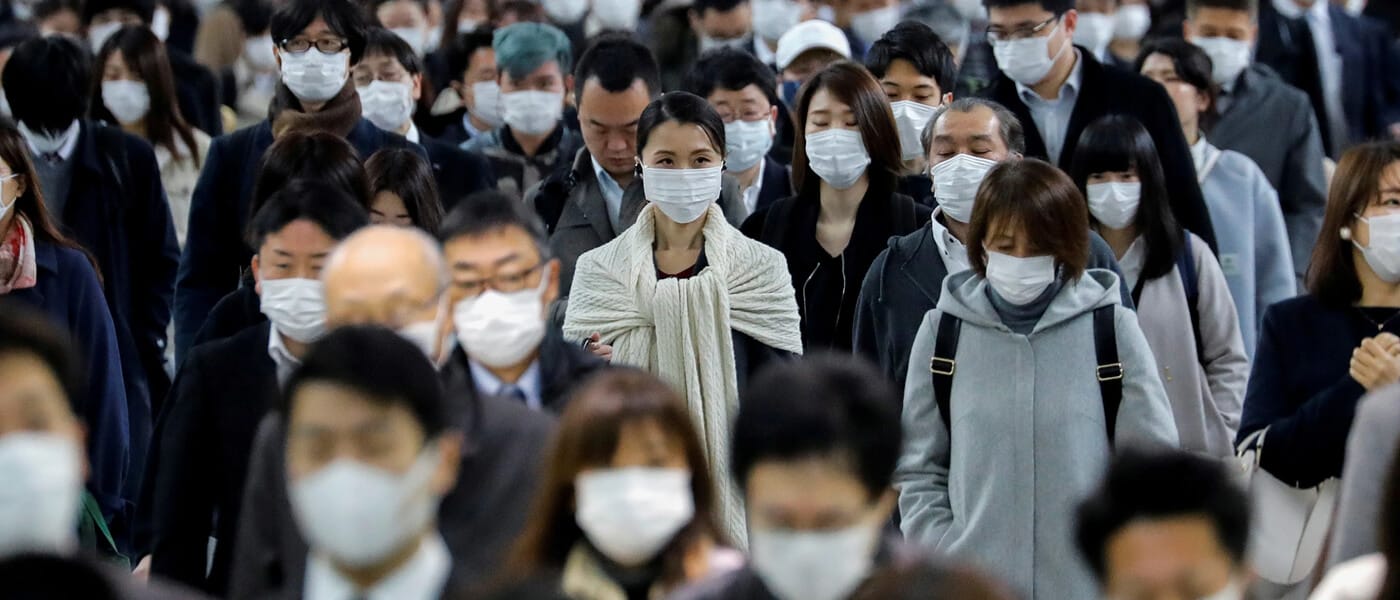Japan chipmaker unveils its AI face recognition tool that can detect fever
THine Electronics, a Japanese semiconductor maker, has developed a facial recognition system that can be used to record temperatures from about a foot away even if the person is wearing a mask. This...

THine Electronics, a Japanese semiconductor maker, has developed a facial recognition system that can be used to record temperatures from about a foot away even if the person is wearing a mask.
This new tool is among several products launched by technology industries as Japan prepares to reopen after citywide lockdown and stay-at-home orders issued to help contain the COVID-19 pandemic. The state of emergency in the country is expected to end on May 6.
Most governments and businesses are looking for a way to balance the control of infection and restart their economies, and with worries of a second wave of the infection, such a tool can be beneficial.
According to a report from Nikkei, the government of Japan developed a tracing app that can notify persons when they encounter confirmed COVID-19 patients.
This new tool by THine Electronics uses AI and can be used in entrances of hospitals, office buildings, malls, and other avenues that have mass public gatherings. Large-scale sales of the tool that costs US$2,784 will begin late May this year.
The system can record the temperature of an individual from about 30 cm, and the readings come with an error margin of about 0.3 degrees Celsius. The tool can store up to 50,000 faces at once.
Experts have raised questions about privacy issues opposed by the tool. The Financial Times reported that almost 300 experts wrote letters issuing warnings that the tool may be co-opted for mass surveillance by some governments instead of serving the purpose it is developed to serve.
THine did not right away respond to questions regarding the ownership of data and how long the faces will be stored. The Japanese government tracing app uses Bluetooth instead of GPS to detect other app users who are close. The developers said that data would be deleted after a specific amount of time.
















